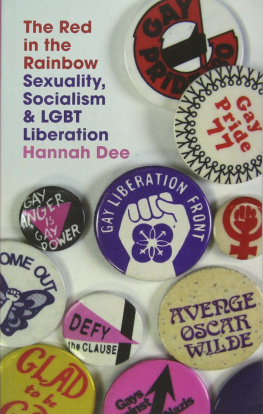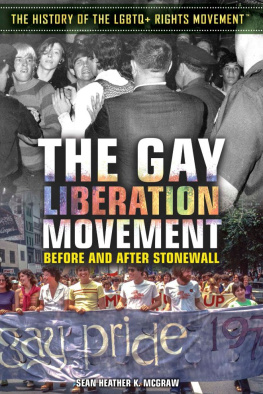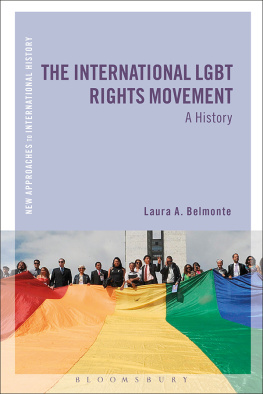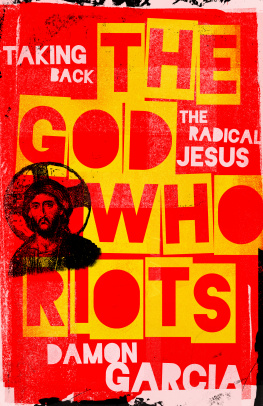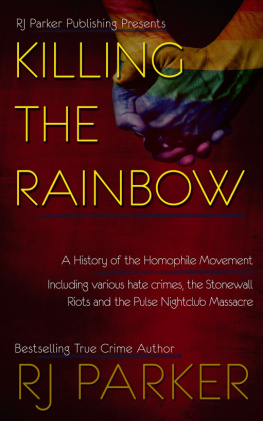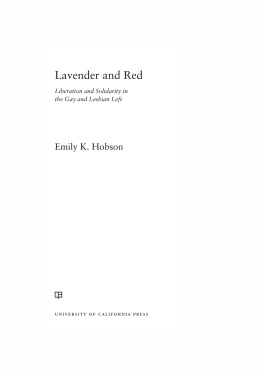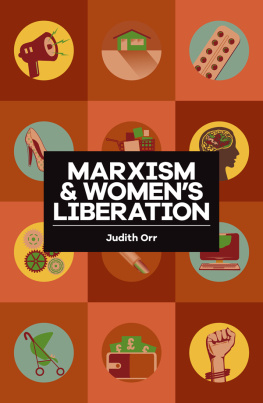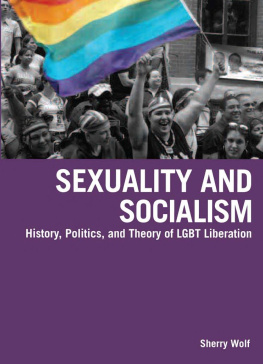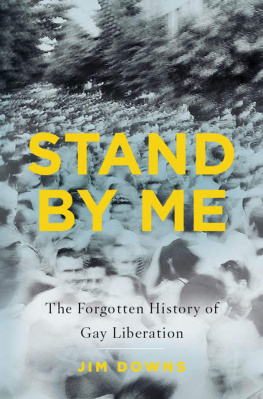The Red in the Rainbow: Sexuality, Socialism & LGBT Liberation
Hannah Dee
Bookmarks Publications
The Red in the Rainbow: Sexuality, Socialism and LGBT Liberation
Hannah Dee
First published in July 2010 by Bookmarks Publications
C/O 1 Bloomsbury Street, London WC1B 3QE
Bookmarks Publications
Cover design by Ben Windsor
Typeset by Bookmarks Publications
Printed by Information Press
ISBN 9781905192700
Acknowledgements
Thank you to Sally Campbell, Mark Harvey, Mary Phillips and Ben Windsor for their help with designing and producing this book. Also to Noel Halifax, Charlie Kimber, Laura Miles, Mark Thomas and Judith Orr who all took the time to give advice and comments, and to Steve Henshall and Dave Sewell for continuing with the daily running of the student office when I was writing the book, occupations and all!
Special thanks to Keith McKenna for his enthusiastic support, thoughtful discussion and detailed work throughout. Also to Viv Smith who helped to conceive the project and discussed closely with me many aspects of the book, and Colin Wilson for very thorough and useful feedback. Finally to my parents Bob and Mal for their endless encouragement and to Jinan, for her support and endurance of many months of obsessive book reading.
Introduction
The modern gay liberation movement was born out of three days rioting in June 1969 after a police raid on the Stonewall Inn, a gay bar in New York.
At the time homosexuality was treated as a sickness and a crime and those who did the rioting were routinely abused as perverted and mentally ill. But they took inspiration from the mass anti-war, civil rights and black power movements raging in the US. Chanting "Gay power", they called for a revolution to realise "complete sexual liberation" and started a mass movement that was to change the lives of lesbian, gay, bisexual and transgender (LGBT) people forever.
LGBT liberation has come a long way since then. In the last two decades alone we have seen a wave of legislative changes in favour of gay rights. Attitudes have shifted a recent poll found 90 percent of people in Britain supportive of gay rights, while only 20 years ago 70 percent of the British public thought that homosexuality was "always or mostly wrong". Today LGBT people are a more visible and confident part of society. The simple act of holding hands in public would have been risked by few in the 1960s.
Despite these immense changes Britain can still be a dangerous place for LGBT people. In 2005 a young gay man, Jody Dobrowski, was beaten to death so violently that his family could not identify him. A string of other brutal murders have since taken place and in the last year there has been a shocking increase in reported homophobic attacks across a number of major cities.
Hate crimes are not the only problem. In the 1970s the gay movement called for a challenge to the patterns of institutional oppression across all the major institutions in society: in schools, the church, the media, employment, psychiatry and mental health. Today that systemic discrimination persists. How else to characterise the pitiful 1 percent conviction rate for reported homophobic attacks? Or the refusal of the majority of schools to organise anti-bullying policies despite the abuse faced by young LGBT people, leaving them six times more likely to commit suicide than their peers?
The return of the Tories to government in 2010 the party responsible for Section 28, a law which banned discussion of gay sexuality in our schools unless in the context of death or disease has also generated anger and fear that the clocks could be turned back. These fears have been confirmed by a series of bigoted outbursts by Tory politicians who have supported the "rights" of B&B owners to ban gay guests, compared the "danger" of gay sex to being in the army and declared that gays are not "normal".
So is this as good as it gets? What can we do to defend what we have? Is it still possible to fight for the kind of change the Stonewall rioters demanded "new forms and relations...based upon brotherhood, cooperation, human love and uninhibited sexuality"?
Socialists have something important to say in response to these questions.
For too long official LGBT politics has been confined to talking about equality and organising to achieve legal reforms. This work is important. No one wants to go back to the 1960s, when sex between men was a crime, or the 1980s, when AIDS was dubbed a "gay plague" by politicians and the media, fuelling a massive increase in the persecution of LGBT people. But the persistence of oppression in all walks of life shows that despite our achievements in changing the law, it is no guarantee against discrimination.
We have seen also the commercialisation of the gay scene and our sexual identity to the point that London Pride once a militant demonstration in commemoration of the Stonewall riots has become a corporate-sponsored event far removed from any challenge to the ongoing injustices we face. In 2007 it was led by the police and the Royal Navy sections of the establishment that are implicated in the oppression of LGBT and other people here and around the world.
And herein lies the problem. LGBT oppression persists precisely because despite the gains we have made, it is rooted in the wider organisation of capitalist society. In a system driven by exploitation and competition those in power must subject every aspect of our lives even our personal relationships to the priorities of profit-making. This has shaped the institution of the family, which plays a vital role in regulating such relationships and is a key mechanism for reproducing both the class that rules and a workforce on the cheap. Politicians, big business and the media eulogise about family values while heaping huge burdens on ordinary people to carry out everything from childcare to looking after the sick and the elderly in the home, for free. Meanwhile LGBT people are seen as a problem because we undermine and disrupt the relationships and roles that the traditional family rests on. To allow us to express our sexuality or gender identity freely would be to question the whole basis of the family and begin to undermine some of the prejudices and divisions that are used to keep the system going.
The experience of LGBT struggles bears this out. The gay liberation movement of the 1960s and 1970s was able to win so much because it was part of a larger revolt against the system. In country after country the oppressed and exploited rose up to challenge the ruling class; mass strikes shut down whole economies, governments were brought to their knees, and another world seemed possible. In the end that world was not born, but the scale of resistance forced those in power to concede reforms, and lasting gains for LGBT people and other oppressed groups were won.
This link between LGBT struggle and wider social revolt runs through the history of our fight for sexual liberation like the red in the rainbow. Socialists and the working class movement have been central to that history.
So when governments were first introducing laws to criminalise gay men in the late 19th century it was individuals and movements connected to working class and socialist organisations that fought back. In England the gay rights pioneer Edward Carpenter spent his life agitating inside the working class movement for a socialist society which would see "love's coming of age" at a time when a huge moral panic was being mobilised against men of the "Oscar Wilde sort". In Germany the largest working class party in the world, the German Social Democratic Party, played a central role in the campaign against anti-gay laws, and was the only party to oppose them in the German parliament. A revolution in Russia saw a new workers' democracy aimed at liberating people's lives and sexual relationships from the old ways. The age of consent was abolished, divorce on demand was introduced, abortion legalised and "the absolute non-involvement of state and society in sexual relations" declared.

